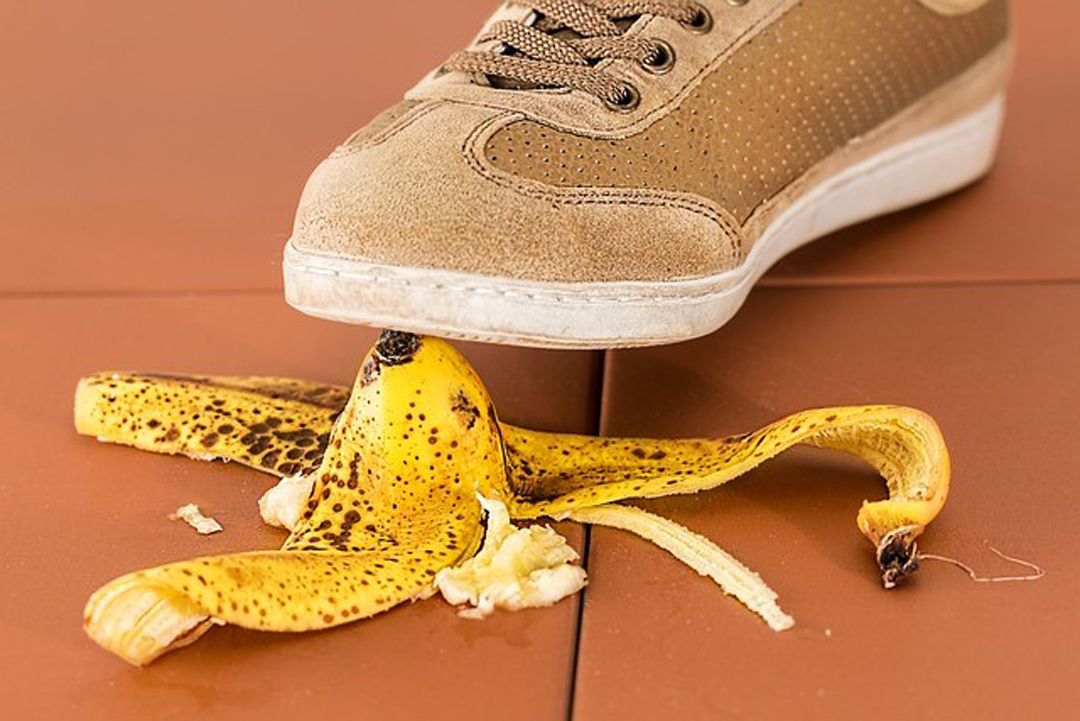
Report the Incident
If a slip and fall accident happens somewhere public or in your workplace, immediately report the incident to the appropriate authorities or management. If this happens in a public place in New York, you can sue New York city after a slip and fall accident, mainly if there was negligence by the government or private property owner. The sooner you report the matter, the better your chances are in building a solid case against them. Similarly, if the incident occurred at a workplace, inform your employer right away. Ensure that an incident report is filed, detailing the circumstances of what happened and any injuries sustained. Request a copy of the report, keeping it for your own records, as it can serve as crucial evidence in any legal proceedings.
If you believe that negligence or hazardous conditions contributed to your slip and fall accident, consult a personal injury attorney. A lawyer can help assess the strength of your case. They can also guide you through the process to protect your rights. During the initial consultation, provide your attorney with all the evidence and documentation of your accident and injuries. They will review the information and advise you on the best action, such as filing a claim or negotiating a settlement with the responsible party. Consult your personal injury attorney to identify your case’s best action. Negotiating a settlement or pursuing legal action through a lawsuit depends on the circumstances.
Notify your insurance company about the slip and fall accident immediately. Provide them with accurate, detailed, and honest information regarding the incident. Report the incident promptly to avoid any potential issues with your claim. Be cautious when discussing the incident with the insurance company, and consult with your attorney before providing a formal statement.
Document the Scene and Gather Evidence
Preserving evidence is essential when seeking compensation for your injuries. Take photos or videos of the incident scene, including any hazardous conditions that contributed to the fall, such as wet floors, uneven surfaces, or lack of proper signage. Record the date, time, and location of the incident. Collect contact information from any witnesses present at the scene who can provide statements supporting your claim. Their testimonies can help establish liability and strengthen your case.
Also, keep a record of all communication related to your slip and fall accident. This includes emails, letters, and phone conversations with insurance representatives, property owners, or other parties involved. Note down dates, times, and the content of each conversation. These records can help establish a timeline and document any promises or agreements made during recovery.
Seek Immediate Medical Attention
After a slip and fall accident, prioritize your health and well-being. Even if you don’t immediately feel severe pain or notice any visible injuries, seeking medical attention as soon as possible is essential. Some injuries are not immediately apparent but internal bleeding or concussions can have long-term consequences if left untreated. Visit a healthcare professional who can assess your injuries, provide necessary treatment, and document your medical condition. This documentation will contribute to your recovery and serve as valuable evidence if you pursue a personal injury claim.
Adhere to the medical advice provided by your healthcare professionals to ensure a proper recovery from your slip and fall accident. This may include following prescribed medications, attending therapy sessions, and engaging in recommended rehabilitation exercises. Don’t rush the healing process or neglect any necessary treatments, as doing so could hinder your recovery and weaken your legal case. Have an active role in your rehabilitation by diligently attending all scheduled appointments and participating in therapy sessions. This will aid your physical recovery and demonstrate your commitment to regaining your health and well-being.
Keep a Detailed Record of Medical Treatment
Maintain a detailed record of all medical treatments, appointments, and expenses related to your slip and fall injuries. This includes doctor’s visits, hospital stays, prescribed medications, therapy sessions, and any other medical expenses you incur. Keep copies of medical bills, receipts, and correspondence with healthcare providers. A comprehensive record will not only help track your progress and ensure appropriate medical care but also serve as evidence of your injury-related costs during the legal process.
In addition to this, keep tabs on how your slip and fall accident has impacted your daily life. Note any limitations or difficulties you experience in daily tasks, such as walking, climbing stairs, or lifting objects. Document any emotional distress, pain, or discomfort you endure due to the accident. These records can serve as evidence to demonstrate the accident’s impact on your quality of life and potentially contribute to the compensation you may seek for pain and suffering.
Practice Self-Care and Emotional Support
It is essential to understand that the legal process may be lengthy and complex. Stay engaged with your attorney, follow their advice, and remain persistent in pursuing your case. Throughout recovery, focus on your well-being and take the necessary steps to regain your health and strength. Remember that each person’s recovery journey is unique, and progress may vary. Be patient with yourself and trust in the healing process.
Recovering from a slip-and-fall accident requires medical care, legal guidance, and personal determination. You can confidently navigate the recovery process by seeking immediate medical attention, documenting the incident, consulting with a personal injury attorney, following medical advice, preserving communication, and prioritizing self-care. Remember to be patient, persistent, and proactive in protecting your rights and seeking the compensation you deserve.
Comments
comments